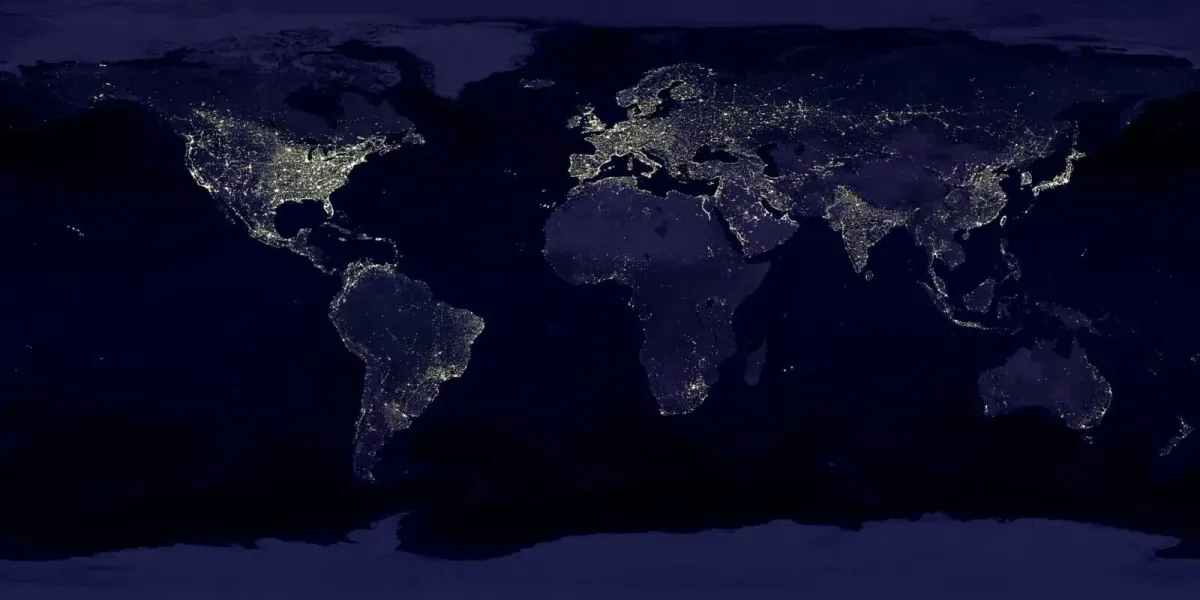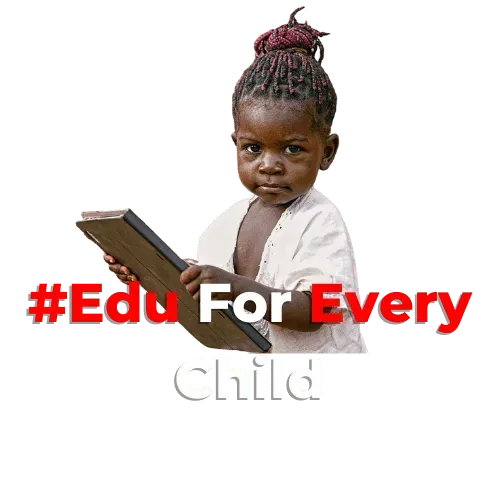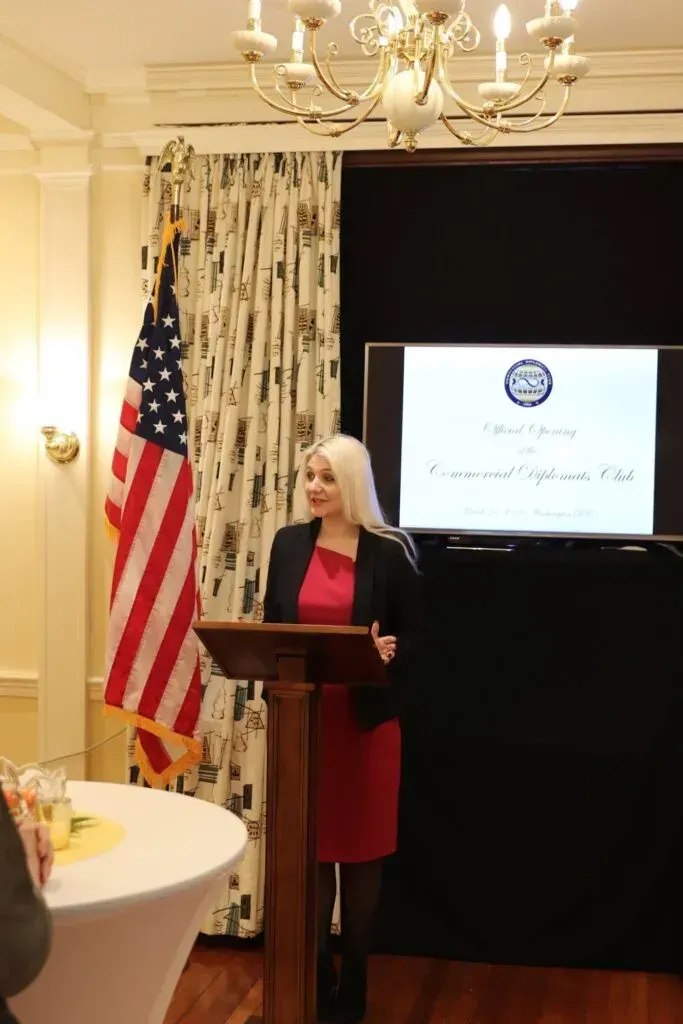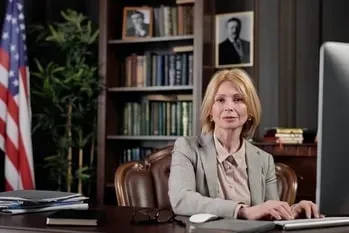SUBSCRIBE TO OUR MAILING LIST
Firstly, I think it is very important to understand the meaning of diplomacy.
Diplomacy: the art and practice of conducting negotiations between nations; skill in handling affairs without arousing hostilityIn simpler terms,
diplomacy is the practice of handling affairs without provoking conflict or using force, with the purpose of achieving global peace.
Secondly, the answer to the question lies within the exploration into the primary way of interaction between youth and diplomacy.
The youth is a core demographic in the use and building of disruptive new technologies and global networks. It makes up to 16% of the population
(UNICEF) and it will significantly increase in the near future. According to the published UN Youth Strategy, young people are essential assets worth investing in, creating a multiplier effect. Thus, it is highly important to educate them in the field as diplomatic skills are the means to achieve global peace.
Despite their significance in demographics and economy, they have little voice towards aspects of global peace, religious freedom, governmental decision making, policymaking. Though, why should it be like that when, according to the Universal Declaration of Human Rights, Article 1 states that we are all born free and equal. Thus, it can be interpreted that age should not be a limiting force to participate in public affairs if needed so as it would defeat human rights’ mission.
Through their innovative upheaval, young individuals can create a positive social impact that is needed within a nation on a long-term perspective. However, this creativity is not enough to prosper the social impact needed, but diplomatic education is crucial to deliver it. The lack of awareness, proper guidance and mentoring, can and will potentially depreciate societal attention to foreign relations.
Involvement
There are various ways in which one can get involved in diplomacy; educational programs are a great start to build the skills necessary to becoming a diplomat. Due to a lack of international relations and diplomacy curriculum provided in institutions, such as schools from rural areas, the youth is left unaware of the significance that is associated with diplomacy.
Youth Parliament is a great way to engage proactively and assess foreign affairs adequately. A pro tip that you can take away is the benefit of learning a foreign language. Individuals who possess competency in written and spoken English are one step ahead from their counterparts, as English is the mode of communication for many organizations. In fact, more than half of the UN member countries prefer communication in English. The European Youth Parliament is just one example among a few inspiring young individuals to be active citizens.
EUROPEAN YOUTH PARLIAMENT IN LEIPZIG:
A great resource to get educated in the field is through online forums and e-courses. The US Institute of Human Rights and Diplomacy provides an online course on the Business etiquette and diplomatic protocol, great for young intellects who are willing to explore their curiosity for the field. According to How People Learn study, experts, regardless of the field, can draw on a richly structured information base. Unlike novices, they can transform factual information into usable knowledge; this is crucial to understanding why learning from a professional may be better than learning by yourself.
Start the course on Business etiquette and diplomatic protocol HERE
While studying diplomacy gives you the knowledge necessary to understand the field, it is through practice that one can gain experience. The UN Youth Strategy provides an insight of the role of youth into the global sustainability agenda through the concepts of: peace and security, human rights, and sustainable development. This strategy aims to build the agency and advance the rights of young people. The Model United Nations program is one way in which the youth can become delegates to support diplomatic services and understand the global system including welfare and philanthropic measures. It may also be worth considering gaining the first-hand experience by volunteering or working in NGOs, to obtain a clearer vision of what diplomacy delivers. These programs push individuals to become open-minded towards a globalized perspective, willing to learn more about one’s nation, whether it be through cultural norms, history, or learning a new language.
Conclusion
As the 16% youth population is likely to increase, it is highly important to reap the demographic dividend through educating the youth about the significance of diplomacy. Education ensures that the next generations are well-informed in topics critical to human advancements, such as human rights, peace, and sustainable development. It is nonetheless important to point out that the youth are in a good position to use resources such as digital media to share information and communicate ideas sensitively cross-culturally. UNICEF
Ambassador Wang Yuan, aged 18, is one among the many other young individuals who promote the youth as future leaders. Wang Yuan spoke at the United Nations Economic and Social Council’s Youth Forum in New York as a representative of the United Nations Imagine 2030 Campaign on the importance of sustainable development and the goals of this campaign, all key to maintaining world peace and interdependency of nations. As Mary Mcleod Bethune would say, ‘’We have a powerful potential in our youth, and we must have the courage to change old ideas and practices so that we may direct their power toward good ends’’. They are the future of today.
Alexandra Nita
Research Assistant Intern
Top Posts


Donate to help provide educational resources for underprivileged children.
Who is USIDHR?
US Institute of Diplomacy and Human Rights (USIDHR) is a 501(c)3 nonprofit organization located in Washington, DC. Its main purpose is to advance education for all. Through its EduforEveryChild program, USIDHR helps kids at-risk of poverty go to school by supporting their education for an entire year. So far, they have helped hundreds of kids go to school by awarding them the Edu-box containing school supplies, materials and necessaries to go to school. USIDHR also provides online courses and training on human rights, human trafficking, diplomatic protocol and etiquette, and business consulting. Other programs include Let Her Lead, an initiative aimed at empowering young women through education and training, and Religious Pluralism for promoting religious freedom for all.


Other Blogs You May Like:

Women’s Participation in Diplomacy
Diplomacy is the art of dealing with people in a sensitive and effective way. Despite the purpose that diplomacy carries, advocating equal rights for all, the
April 2, 2020 - No Comments

What are the 6 types of slavery?
Image credit: Travis Saylor Slavery. A term you have probably heard of and is often associated with the past, however, this violation of human rights
June 1, 2021 - No Comments

Who Do You Belong To? Short Review of Statelessness in the UK
Share on facebook Share on twitter Share on linkedin Under Article 15 of the Universal Declaration of Human Rights, everyone has a right to a
January 25, 2022 - No Comments
Follow USIDHR:
Follow USIDHR:
© 2023 US Institute of Diplomacy and Human Rights is a 501(c)(3) organization. Gifts are deductible to the full extent allowable under IRS regulations.

